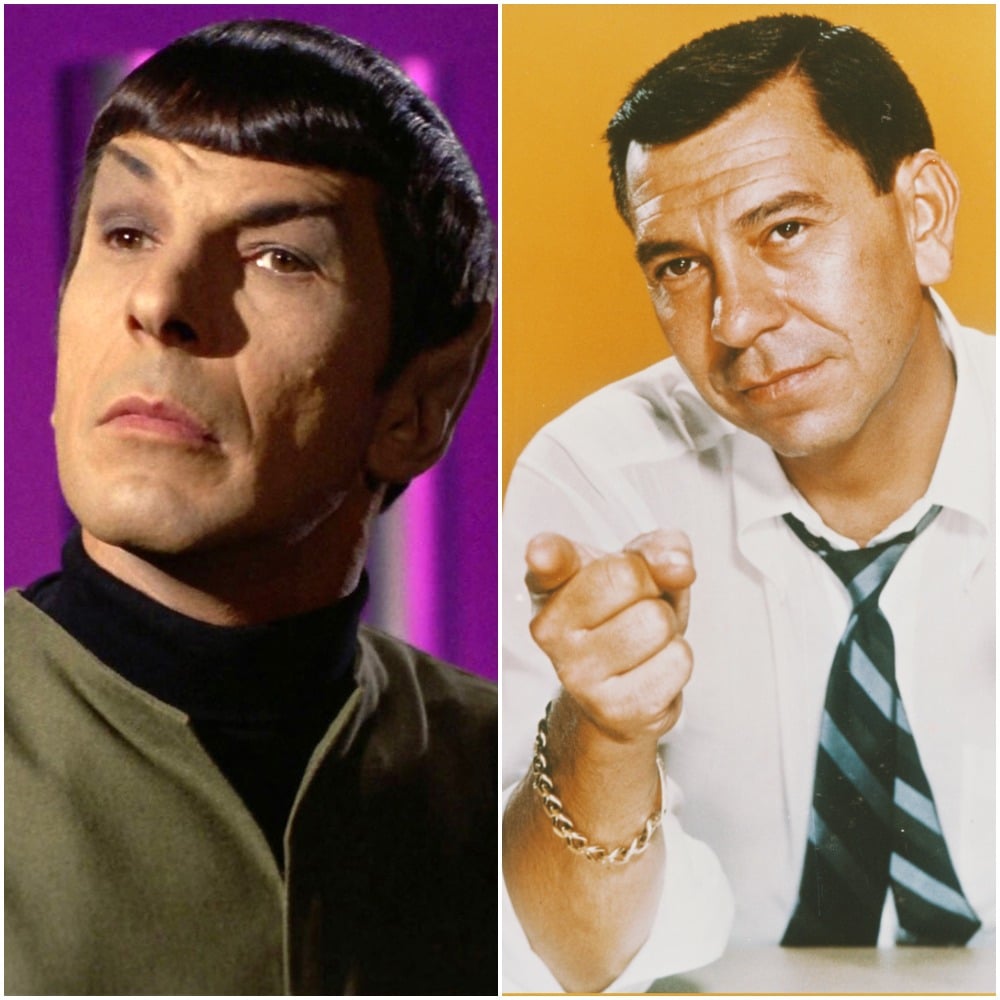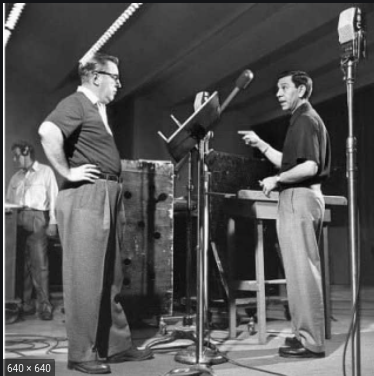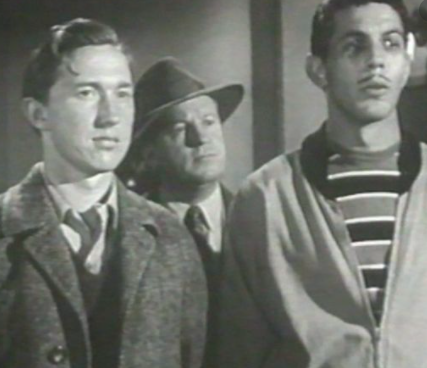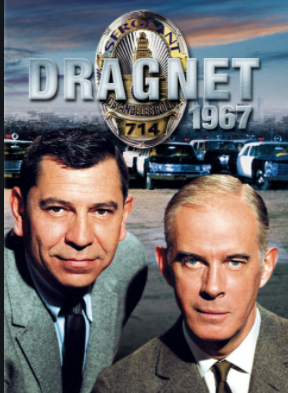‘Dragnet’: Leonard Nimoy and the ‘Startling’ Problem He Had With the Cop Show

The police “crime and punishment” TV show Dragnet aired in 1952 and ran for eight years on NBC.
One actor who made a guest appearance was future Star Trek star Leonard Nimoy who found the show’s use of one particular tool impersonal.
Here’s what Nimoy told the Archive of American Television in 2000.
‘Dragnet’ started as a very successful radio show

The Dragnet radio show aired from 1949 until 1957 with Webb, who died in 1982, at its helm.
The show dependably started each episode with the following opening, “My name’s Friday,” followed by “Ladies and gentlemen, the story you are about to hear is true. The names have been changed to protect the innocent.”
Webb’s attention to detail was legendary. While constructing the show before it ever hit the air, he rode along with police officers to get a complete picture of their work. His vision continues to influence police shows today.
Leonard Nimoy appeared on ‘Dragnet’ in 1954

Nimoy played the role of a bad guy on the police show in an episode titled “The Big Boys.”
In his 2000 interview with the Archive of American Television, the actor who played the detached Spock on Star Trek spoke about the disconnected aspect of working on Dragnet. He remarked on the show’s adherence to its radio-days approach to filming.
“What I remember about Dragnet was the way it was done. Jack Webb started the show on radio,” he said. “The TV show was done very much in radio style. It was tough, terse dialogue. I played a heavy.
“He had a very interesting sensibility, Jack Webb did, about what made the show work. And he directed a lot of the shows.”
Nimoy said this was the trouble with ‘Dragnet’
The actor, who died in 2015, was struck by how lacking in personal connection, so to speak, the show was.
“Very often, if the camera were on you in a close-up for example, in a single shot, there would be two teleprompters off-camera. One would represent [Webb] and the other would represent his buddy, his partner,” he explained.
Nimoy was not fond of the use of teleprompters, especially as substitutes for live actors.
“He’d be over here someplace directing, and he’d say ‘Action!’ Then somebody would read the teleprompter lines that were the other people and you’d play to the teleprompter, you wouldn’t play to a human being,” he said. “You’d read your lines back to this teleprompter and then your answer back to that teleprompter.”

Snapping his fingers several times, Nimoy said, “The shows went like that, ‘Bing, bing, bing! And you’re gone, you’re out. They’d say, ‘Thank you very much, next!’
“It was a startling experience. You never really felt like you made human contact,” he said. “Very rarely. There were great economies of film costs, lab costs [filming this way]. It was all about being economical.”
At the very least the actor, who had a worldwide following of fans at the time of his death, said he chalked his experience up on the set of Dragnet to “great training.”
“You learned to be on your toes in terms of where you were with your character and your performance. It was very demanding.”


